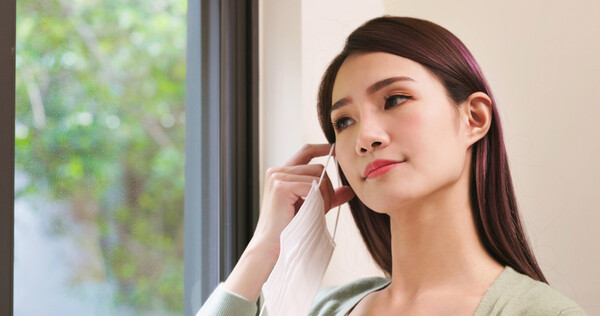A government study found that 99.8% of 9,798 Koreans surveyed had Covid-19 antibodies.
The Korea Disease Control and Prevention Agency (KDCA)'s National Institutes of Health (NIH) and the Korean Society of Epidemiology announced the results of the third survey on Covid-19 antibody positivity rates. The study, participated by 9,798 people aged five and older nationwide, was conducted from March 27 to April 15 this year.

The results showed that the overall antibody positivity rate, which combines antibodies from natural infection and vaccination, was 99.2 percent, a slight increase from 97.6 percent in the first survey (August-September last year) and 98.6 percent in the second survey (December last year).
The antibody positivity rate through natural infection was 78.6 percent, up from 57.2 percent in the first survey and 70 percent in the second survey, and this means that nearly eight out of 10 people have had Covid-19 and still have antibodies against the virus.
The survey also showed the proportion of hidden patients, which are those who had tested positive for the virus but did not receive a diagnosis, was estimated to be 19.1 percent, which was similar to the first survey (19.4 percent) and second survey (18.5 percent).
By age group, the highest natural infection antibody positivity rate (94.1 percent) was found in children aged five to nine years with low vaccination rates, and decreased with age.
However, the antibody positivity rate for those aged 50 to 64 and 65 and older was 77 percent and 68.8 percent, respectively, which is more than 10 percent higher than the second survey.
The NIH assessed that Koreans' overall antibody positivity rate remained high due to continuous vaccination and infection, resulting in lower Covid-19 severity and fatality rates after the Omicron outbreak.
However, since antibody levels decline over time, the institute stressed that the risk of reinfection remains.
"Notably, the survey found that unvaccinated people were 2.02 times more likely to be reinfected than those who received the original monovalent vaccine and 3.1 times more likely than those who received the improved bivalent vaccine," the NIH said. "As immunity declines over time in all groups, there is an ever-present risk of reinfection, so we urge older adults to be cautious of infection and participate in vaccination booster shots to prevent severe illness."

